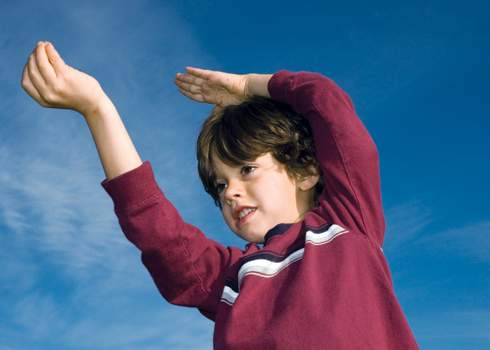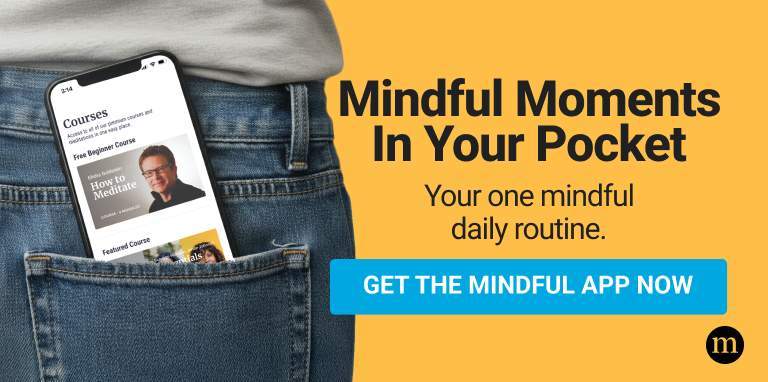Skye’s Story: A Child’s First Ethical Stand
My son Skye was three when he became a vegetarian—right there in the grocery line. After learning soy burgers come from soybeans, he was stunned to discover salmon burgers do not come from “salmon beans.” Soon after, at the meat counter, he asked where the turkey was. Pointing to a tray of ground meat led to the next question: “What do you mean, ground?”
Skye is almost six now and still meat-free. At home I mostly cook vegetarian, and lately he’s begun challenging my occasional meat choices with piercing empathy: “Did that chicken want to die? Was its mother sad?” When I explained a likely method of slaughter, he asked, “Didn’t that hurt the chicken’s feelings?”
“Where’s the Turkey?”: Explaining Meat, Life, and Gratitude
I’ve told him that life consumes life, and that people draw different lines about what they’re willing to eat—even among sincere Buddhist practitioners. I try to emphasize gratitude and respect. Skye counters: “You can eat the fruit of a tree without killing it.” His logic nudges me to examine my own habits with fresh eyes.
Do Yeast Have Feelings? Ethics, Empathy, and Everyday Creatures
Questions multiply. When he learned yeast are living organisms that die in the oven, Skye wondered, “Does yeast know it exists?” The ethics of squashing a cockroach triggered tears: “That cockroach wanted to live!” His heart extends compassion widely—yeast, soldiers, insects, musicians.
From Cockroaches to John Lennon: Untangling Harm and Non-Harm
Untangling harm, hygiene, and household reality is messy. We talked about why people remove pests and how that differs from harming people. Language matters too: “Does ‘get rid of’ mean ‘squish’?” he asked. Even political phrases—“get rid of” a leader—raised more questions about what we really mean.
Why Do People Kill? Talking About Violence, War, and Resources
Skye typed into the computer, painstakingly: “Why do people kill other people?” We explored how violence can stem from fear, ignorance, scarcity, and the pursuit of resources like food and water. He noticed patterns in photos of war: “It’s mainly guys.” Our conversations keep circling back to unmet needs, unlearned skills for handling pain, and the hope that words can replace weapons.
Big Bang at Bedtime: Wonder, Science, and Spiritual Possibility
The biggest questions arrive under glow-in-the-dark stars at bedtime: “Where did the earth come from? Will people be here when it dies?” I offer two-minute summaries of evolution and the Big Bang. He follows up: “But why did apes become people? Where did the Big Bang’s stuff come from?” Wonder is our nightly companion.
God, Mystery, and Not-Knowing: Holding Multiple Worldviews
My father, an 83-year-old Catholic, suggests a simple answer: some say God made all things. I resist easy conclusions, yet I also admit the limits of my knowledge—how plastic is made, whether yeast “poops,” the difference between mitosis and meiosis I once knew by heart. We read Born with a Bang and marvel at stardust. Science satisfies many how questions; mystery holds the why.
Loving the Questions: What Mindful Parenting Looks Like
Ultimately, I want for Skye what I want for myself: the capacity to live inside the mystery with integrity and kindness. As Rilke encouraged, to “love the questions themselves.” I don’t want rigid certainties to harden his empathy. His relentless curiosity humbles me, reminding me that the world is an unfolding koan—joyful, heartbreaking, unsolved.
Daily Rituals of Thanks: Practicing Awe and Appreciation
Each evening we hold hands and he offers a spontaneous blessing. Recently: “Thank you to the beautiful earth and the rain…and thank you to the Big Bang for making it all happen.” It was my first time thanking the Big Bang. Probably not the last.
What Our Children Teach Us: Curiosity, Compassion, and the Unknown
Skye still thinks I have answers. The truth is he is teaching me—to pause, to listen, to let compassion lead. Together we practice mindful attention to life’s biggest questions, meeting them with courage, wonder, and a tender willingness not to know.







